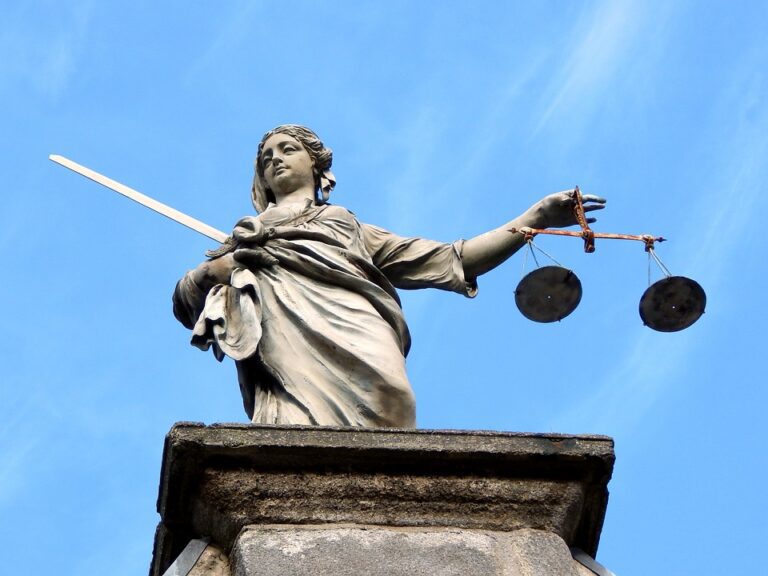Title: The Impending Setback: Social Justice Under Siege by Project 2025
In a rapidly evolving sociopolitical landscape, the term “social justice” has become both a rallying cry and a lightning rod. Advocates tirelessly push for equality, inclusivity, and human rights across various spheres. Within this fervor emerges significant challenges—perhaps none more daunting than the controversial Project 2025. This initiative, underpinned by a powerful coalition of interests, threatens to dismantle years of progress, instilling a new wave of concerns among social justice proponents.
What is Project 2025?
Project 2025 is positioned as a sweeping policy endeavor aimed at restructuring societal frameworks. Proponents describe it as a necessary recalibration of public institutions and policies, intended to enhance economic productivity and national security. However, critics argue that its far-reaching implications could undermine critical advancements in social justice, exacerbating systemic inequities.
Economic Prioritization at the Cost of Human Rights
One of the most pressing concerns about Project 2025 is its prioritization of economic efficiency over human rights. The initiative emphasizes deregulation and fiscal conservatism, which, while potentially fostering economic growth, could significantly erode labor protections, environmental safeguards, and social safety nets crucial for marginalized communities.
Historically, economic policies favoring deregulation have often disproportionately impacted minority and underprivileged groups. Project 2025 appears poised to follow this precedent, stripping away foundational supports that many vulnerable populations rely on. Affordable healthcare, housing, and education—pillars of social justice—face potential austerity measures or outright privatization, making them less accessible for those in need.
Erosion of Civil Liberties
Civil liberties, particularly concerning freedom of expression and assembly, are also under threat. Project 2025’s proposed security policies include heightened surveillance and law enforcement powers, which, on the pretext of national security, could suppress dissent and stifle activism. Historically, such measures have often targeted communities of color, immigrants, and political dissidents, further entrenching systemic racism and injustice.
Activists fear that these policies could lead to an environment where speaking out against inequality becomes risky, thereby chilling the essential role that activism plays in driving social change.
Impact on Racial and Gender Equity
The progress made in racial and gender equity stands particularly vulnerable. Affirmative action, diversity programs, and gender equity initiatives are essential components in evolving workplace cultures and educational institutions. Project 2025’s agenda suggests a rollback of these initiatives, cloaking such actions under the guise of meritocracy and anti-discrimination in reverse. This potential erosion of protections could propagate environments where discrimination festers unchecked, unraveling decades of progress in fostering inclusive communities.
Moreover, women’s rights, especially reproductive rights, are under potential assault. The initiative’s conservative tilt leans toward policies that could diminish access to reproductive healthcare, exacerbating the vulnerabilities faced by women, particularly those from marginalized backgrounds.
A Call to Action
The threat posed by Project 2025 underscores the necessity of robust and persistent advocacy for social justice. Community organizers, activists, and policy-makers must unite to scrutinize and challenge initiatives that threaten to reverse progress. Open dialogues, public educational campaigns, and strategic litigation are essential tools in this fight to preserve and advance social justice.
Furthermore, allies across various sectors—corporations, non-profits, and civic organizations—must recognize their role in supporting social justice movements. By leveraging their platforms and resources, they can amplify marginalized voices and champion policies that promote equity and inclusivity.
Conclusion
The looming specter of Project 2025 serves as a stark reminder that the journey toward social justice is fraught with obstacles. Yet, history has shown that resilience, solidarity, and informed action can turn the tide. As we stand on the precipice of this potential setback, it is imperative to rally, resist, and reaffirm our commitment to a just and equitable society.
In the face of adversities like Project 2025, the spirit of social justice must not wane but burn ever brighter, guiding us toward a future where every individual, regardless of their background, can thrive in a world that values fairness, dignity, and respect for all.
